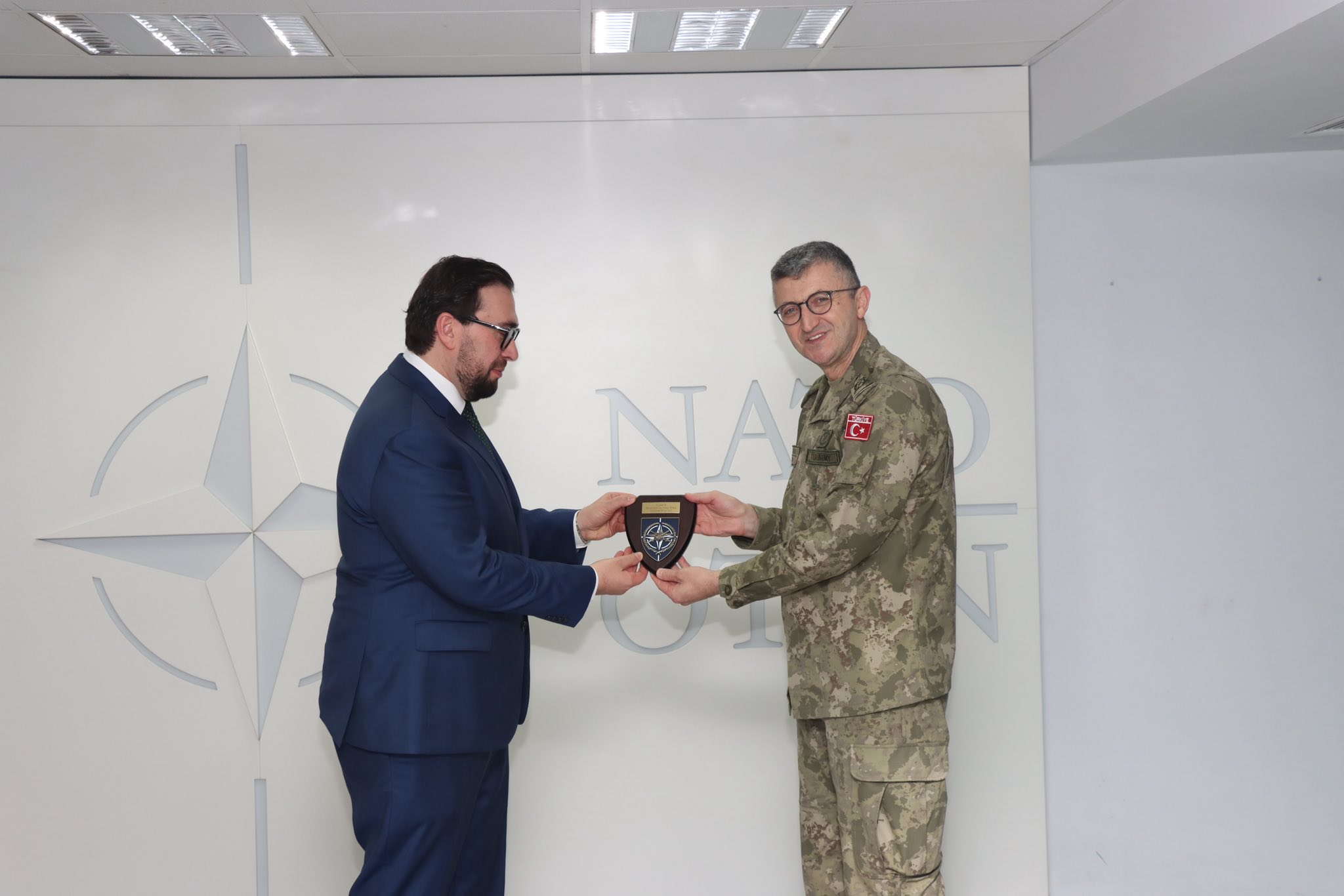The appointment of Supreme Court judges and the electoral reform were the topic of the Europetime interview with Natalia Voutova, Head of the Council of Europe Office in Georgia. With 25 years of experience working for the Council of Europe and OSCE, she has focused on human rights and legal reforms projects in Armenia, Bosnia-Herzegovina, Bulgaria, Georgia, Russia, Ukraine, and Kazakhstan. Natalia Voutova also worked for Médecins sans Frontières (Doctors without Borders) in Chechnya. She was the Head of the Office to Yerevan (2015-2020), Deputy Head of the CoE Office in Ukraine between 2007 and 2009, and before that the Special Representative of the CoE Secretary-General to Armenia (2002-2004).
_Supporting the Criminal Justice Reforms - Tackling Criminal Aspects of the Judicial Reforms in Georgia` project runs from 1 January 2019 until 31 December 2021, what challenges highlighted the project and what was the main progress?
This project aims at supporting the Georgian stakeholders in the reforms of the criminal procedure and strengthening the capacity of national courts to effectively exercise judicial control over the application of coercive measures by the prosecution and law enforcement agencies. Moreover, the Project works towards the improvement of analytical and methodological capacities of the justice sector stakeholders to assess the criminal justice’s performance and develop evidence-based criminal policy. In addition, the Project assists in improving international cooperation in criminal matters.
Despite the capacity building conducted with the legal professionals, the general picture of the application of preventive measures remains unchanged. According to the statistics published on the website of the Supreme Court of Georgia, the percentage breakdown of the types of preventive measures applied in 2019 and in 2020 is almost identical. In particular, bail and detention are the types of preventive measures that are mainly applied, other measures are as a rule rarely used. In order to identify and take stock of the shortcomings in the criminal procedure legislation, a group of international experts under the auspices of the Council of Europe prepared an opinion proposing further improvement of the procedural legislation.
In 2019, the Venice Commission assessed positively the initiative of the Ministry of Internal Affairs for reforming the Criminal Procedure Code in respect of separation of powers between prosecutors and investigators. However, there have been delays in the process. As reported by a number of NGOs, the current legal framework creates risks for ineffective investigative and prosecutorial activities. We hope the work in this regard will restart soon.
_The Council of Europe is the continent's leading human rights organization. It includes 47 member states 27 of which are members of the European Union. All Council of Europe member states signed up to the European Convention on Human Rights, a treaty designed to protect human rights, democracy, and the rule of law. How would you assess the steps taken by Georgia as a member to strengthen democracy, human rights, and the rule of law? For example, in general, Democracy is in distress, finds the Council of Europe Secretary General’s annual report for 2021.
Let me start from the end of this question, democracy is indeed in distress, but this is a global phenomenon and is a separate question altogether. Georgia is part of Europe and a member state of the Council of Europe; this means that we as partners stand together with the Georgian political parties, civil society, and the public at large to overcome these challenges. Compromises are possible and the challenge to democracy can be overcome when we all work together.
As regards human rights, in recent years, one of the most positive steps towards improving the human rights framework was the adoption of the anti-discrimination law (the Law of Georgia on the Elimination of All Forms of Discrimination) in 2014.
I should also mention the steps taken by Georgia to improve the conditions of detention in prison and inmates’ access to health care. The country also reduced the high prison population. However, further work needs to be done in this regard.
In 2015 the country adopted a Juvenile Justice Code is tailoring the criminal justice system accordingly and introducing higher standards for juveniles in conflict with the law. The adoption of the Code of the Rights of the Child in 2019 and ratification of the Istanbul Convention in 2017 alongside a number of reforms for preventing and combating domestic violence in Georgia should be mentioned as well, although much remains to be done.
There are two areas that constitute the foundation for democracy – the electoral and judicial systems. Electoral reform is an area that has been reformed for years. The last year’s constitutional reform, reducing the share of majoritarian MPs in the parliament, and reducing the electoral threshold to 1% was a step forward.
_The Venice Commission and the OSCE/ODIHR issued their urgent joint opinion on the draft amendments to the Electoral Code of Georgia. The document also points to a number of progress and recommendations, including the appointment of Supreme Court judges. What progress and shortcomings can we talk about based on these and other documents and how do you view the recommendations implemented by Georgia in this regard?
Regarding the amendments to the Electoral Code, as you may know, the Venice Commission and the OSCE/ODIHR have received a new request following the signature of the EU-brokered agreement. We encourage the authorities to ensure that the forthcoming recommendations are duly taken into account. As regards the Supreme Court appointments, indeed, the Venice Commission opined on the Supreme Court-related legislation several times, starting from 2019. In this process, the legislation in Georgia did go through a number of positive changes, in line with the Venice Commission recommendations. The conflict-of-interest rules have been introduced, transparency of the selection and appointment of judicial candidates has been increased and the possibility of appeal has been reflected. Yet, as the most recent, April 2021 Venice Commission Opinion points out “[..] there are a number of outstanding recommendations that should be reconsidered”, mostly on the appeal procedure and the equality of candidates.
_What is the main / priority reform that the member state, in this case, Georgia, should provide priority under the commitments of the Council of Europe?
Further electoral reform is in the main direction that Georgia needs to undertake. Furthermore, implementation of the fourth wave of judicial reforms and in general upholding the highest standards of ethics and integrity in the judiciary will remain essential throughout 2021 and beyond. It will be important that the selection procedure for Supreme Court judges is brought into line with European standards as soon as possible. Further reform of the High Council of Justice will remain a priority.








